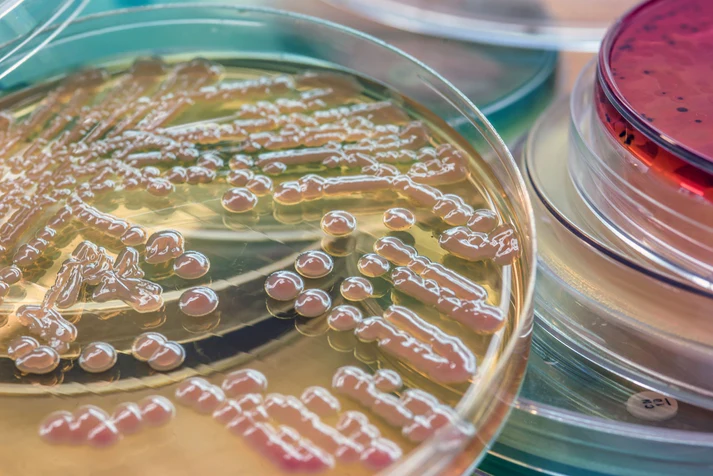
Racing Pigeon Culture and Sensitivity Testing
Racing Pigeon Culture and Sensitivity Testing. The Key to Smarter Disease Management
In the high-performance world of racing pigeons, health is everything. Whether you’re training a team for local events or preparing for national-level races, you know that even a mild illness can derail performance, weaken immunity, or cause losses. That’s why many fanciers are turning to culture and sensitivity testing—a scientific approach to identifying infections and choosing the right treatment from the start.
Forget the guesswork. If you’re tired of throwing random medications at your birds and hoping for the best, culture and sensitivity (C&S) testing could be the game-changer you need.
In this comprehensive blog post, we’ll cover:
-
What culture and sensitivity testing is
-
Why it’s critical for racing pigeons
-
Common pigeon diseases diagnosed through culture
-
The benefits of targeted antibiotic use
-
How to prepare and collect samples
-
When and how to use C&S testing
Let’s dive into why lab diagnostics are the smartest move you can make for the health and longevity of your flock.
What Is Culture and Sensitivity Testing?
Culture and sensitivity testing is a laboratory process where samples (like droppings, throat swabs, or tissue) are analyzed to identify bacteria or fungi causing infection. Once identified, the lab tests the isolated microbe against a panel of antibiotics or antifungal drugs to see which one works best.
In simpler terms:
-
Culture tells you what’s causing the illness.
-
Sensitivity tells you which medication will kill it.
This test helps fanciers avoid wasting time and money on ineffective or inappropriate treatments, reducing the risk of antibiotic resistance and improving flock recovery time.
Why Culture and Sensitivity Testing Matters in Pigeon Racing
Many pigeon illnesses share overlapping symptoms—diarrhea, fluffed-up feathers, labored breathing, poor performance, or weight loss. But the causes can vary greatly, from bacterial infections (like E. coli or Salmonella) to fungal overgrowth (like Candida or Aspergillus).
Without knowing the exact pathogen, you may:
-
Use the wrong antibiotic, leading to delayed recovery or drug resistance
-
Over-medicate birds and damage gut flora
-
Mask symptoms without treating the root cause
-
Spend weeks guessing and adjusting treatments
Culture and sensitivity testing eliminates the guesswork. Instead of trial-and-error, you get clear lab-confirmed answers, allowing you to act fast and with precision.
Common Pigeon Illnesses Identified Through Culture
Here are some common pigeon diseases that can be confirmed using C&S testing:
| Disease | Pathogen | Sample Needed |
|---|---|---|
| Salmonellosis (Paratyphoid) | Salmonella spp. | Fecal sample |
| E. coli infection | Escherichia coli | Droppings or tissue |
| Respiratory infections | Mycoplasma, Chlamydia, Pseudomonas | Choanal or tracheal swab |
| Ornithosis (Chlamydiosis) | Chlamydia psittaci | Eye or throat swab |
| Fungal infections | Candida, Aspergillus | Crop wash, air sac swab |
| Staph infections | Staphylococcus spp. | Wound swab or pus |
By identifying the exact cause, you prevent blanket treatments and protect the bird’s gut health and immunity.
Benefits of Culture and Sensitivity Testing
1. Targeted Treatment
Know exactly which drug will work—and which won’t. No more “shotgun” medications.
2. Faster Recovery
Effective treatment from the start means birds bounce back faster and with fewer relapses.
3. Reduced Resistance
By avoiding unnecessary or incorrect antibiotics, you reduce the risk of antibiotic resistance in your flock.
4. Cost Efficiency
Though the test may have an upfront cost, it saves money by avoiding failed treatments and long-term complications.
5. Better Loft Performance
Healthier birds train harder, race longer, and recover faster. It’s an investment in your birds’ long-term performance.
When Should You Use Culture and Sensitivity Testing?
Not every sniffle or wet dropping requires lab testing. But here are scenarios where C&S testing is strongly recommended:
-
Birds showing persistent or recurring illness
-
No response to standard medications after 3–5 days
-
Multiple pigeons in the loft are sick
-
Cases of sudden death or sharp performance drop
-
Unusual symptoms or chronic respiratory signs
-
Preparing breeding stock or racers post-disease outbreak
How to Collect and Submit Samples for Testing
Most pigeon diagnostic labs will accept samples via courier or in-person drop-off. Always contact the lab first for their preferred sample type and collection instructions.
Common Sample Types:
-
Fecal samples (fresh droppings in sterile containers)
-
Choanal swabs (from the upper throat)
-
Crop swabs (for fungal/yeast overgrowth)
-
Eye swabs (for respiratory issues)
-
Tissue samples (in case of post-mortem)
Important Tips:
-
Use sterile swabs and clean gloves
-
Label each sample clearly (bird ID, date, symptoms)
-
Store samples in cool conditions and ship quickly
-
Do not treat birds for 24–48 hours before sampling if possible—medications can affect lab results
How Long Do Results Take?
Most culture and sensitivity tests take 3–7 days to complete. Here’s the usual timeline:
-
Day 1: Sample is received and plated on media
-
Day 2–4: Growth and identification of microbes
-
Day 4–7: Sensitivity panel completed and reported
You’ll receive a report showing:
-
The isolated pathogen(s)
-
A list of antibiotics tested
-
Which ones are Sensitive (S), Intermediate (I), or Resistant (R)
Your vet or pigeon supply provider can help interpret the results and recommend the right product.
Are There Alternatives to Culture Testing?
Yes, in some cases, PCR testing or microscopy may be recommended, especially for viral infections like Herpesvirus or Pigeon Adenovirus. But for bacterial or fungal diseases, culture and sensitivity remains the gold standard.
Post-Test Treatment Plan
Once you have your results:
-
Choose the most effective drug labeled as “Sensitive”.
-
Administer the full course—usually 5–7 days, depending on the disease.
-
Combine with probiotics, liver support, and vitamin boost.
-
Quarantine affected birds if necessary.
-
Sanitize loft and remove potential reinfection sources (e.g., contaminated feed, dirty perches).
Pro Tips for Healthier Racing Pigeons
-
Run routine screenings every few months—even if birds look fine
-
Use preventive supplements to reduce pathogen buildup (garlic, oregano oil, probiotics)
-
Rotate medications only after proper testing
-
Avoid overmedicating during off-season—let birds detox naturally
-
Work with a veterinary lab experienced with avian species or racing pigeons
Final Thoughts: Smarter Testing Equals Smarter Racing
Racing pigeons are more than just birds—they’re athletes, companions, and a reflection of your care. Investing in culture and sensitivity testing ensures you’re not treating blindly, but with scientific precision.
Whether you’re facing a stubborn infection or preparing for a high-stakes season, diagnostic testing can elevate your game. With healthier birds and faster recoveries, you’ll race with confidence—and results to prove it.
Need help finding a reputable pigeon testing lab or want help interpreting results?
Reach out to us or browse our trusted health and diagnostic support products for racing pigeons.
Let your birds race smart. Let them race healthy!!
Back your training with the power of science!!


